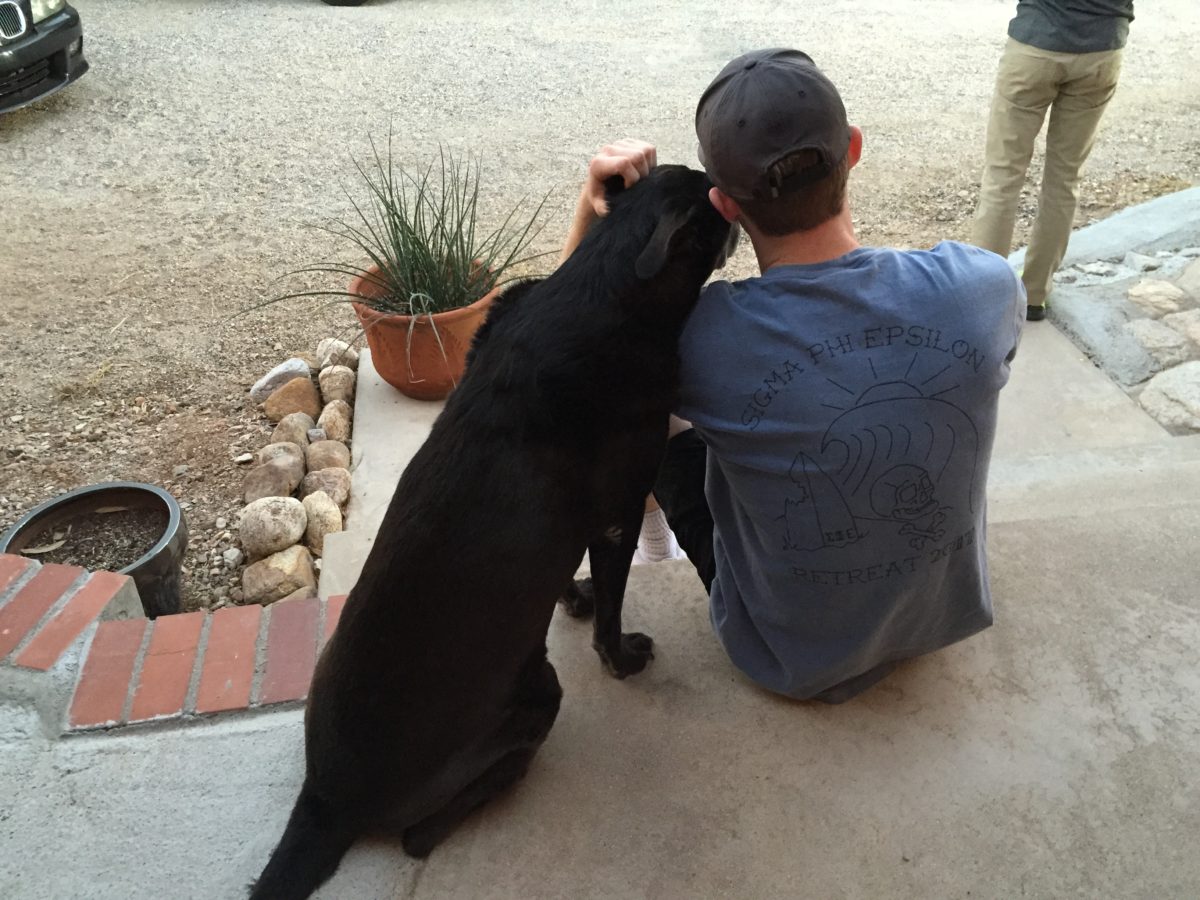FEW THINGS are more life altering or heart damaging than the death of a spouse, family member, treasured friend or loved one. Even the death of a not-so-loved one can be destabilizing. We need to have the tools to deal with the myriad emotions surrounding these kinds of deaths.
And that’s what we’ll focus on today: the loss and grief that accompanies death, and the emotional energy and relationship reviews involved with it.
The basics of loss and grief—
There are important things we need to keep in mind about grief.
- Never, ever compare losses. And never, ever compare how you assimilate a loss/death to how someone else assimilates it.
- No losses are comparable.
- Grief is all about relationships. Because of that fact, never compare relationships.
- The keys to loss and grief recovery are acknowledging the uniqueness of each and every relationship.
- Beware that your personal relationship with the person who has died can affect your ability to help someone else with their grief over that same person’s death.
- Death almost always triggers a painful awareness of the end of any hopes, dreams, and expectations you had about the future with the person who died. Do not be surprised when those emotions arise, which they sometimes do like a tidal wave.
- The death of a relative does not dictate the depth or degree of a person’s grief or emotional energy output over the loss.
- People are complex, which makes relationships complex. Because of those truths, you will likely experience very mixed emotions—both negative and positive—about a loved one’s or family member’s death. These mixed emotions can be a source of anxiety, frustration, or joy. It requires discipline and bravery to confront, wrestle with and untangle some of them.
Relationship reviews with people who have died—
Again, I cannot stress it enough that your relationship with the deceased person is your relationship, a unique one that cannot be compared to anyone else’s relationship to that person.
The emotions associated with that unique relationship are the legacy of both the time you’ve spent with that person and the intensity of your relationship with them.
So when you’re making an assessment of the relationship—your relationship review—you’re considering and exploring your emotions wrapped up in that relationship.
Your feelings are driven by special events, memories, words spoken and unspoken, negative and positive interactions that occurred between you and the deceased. In short, your history together.
What drives the emotional energy in the grieving survivor—
Many issues, events and experiences drive the emotional energy displayed in your grief.
One significant issue is just how close and invested you were in the relationship with the deceased. The intensity of your relationship will drive the emotional energy you experience at their death.
The closer and deeper your relationship, the more likely you’ll experience some pretty extreme nervous, emotional energy.
Conversely, if the relationship wasn’t close, emotionally or physically, (as in intimacy or proximity), the emotional energy output won’t be as extreme.
This is often the case with siblings who may have far different experiences and emotional relationships with a parent that has died. One sibling may have felt and been extremely close to a parent, while another had a strained or distant relationship with them. Because of these significant differences, each sibling’s emotional energy responses will look entirely different. And the one with the closer relationship will likely grieve more deeply.
However, if the child with the distant, strained relationship feels as though there is a lot of unfinished business between him and his deceased parent, there may be a lot of complex and difficult energy experienced.
Whatever the response is, though, it will be accurate and valid for each sibling.
Remember, their incomparable experience is their incomparable experience. Big or little, each experience is unique, and valid.
So do not feel guilty if your emotional energy output is less than someone else’s over a familiar or family member death. Do not be afraid to feel or express your emotional truth, and let someone else express theirs. Encourage everyone to express their unique, distinct relationship reviews and feelings.
What if the family member who died was “less than a loved one?”
I think we can all attest to the fact that not all family relationships are warm, loving, and good. Some are really horrible. Others are mixed, at best. And our responses to death will reflect that.
Please be willing to accept that not all parents and children have perfect, storybook ending relationships. Because of this reality, don’t try to make something of the relationship that wasn’t real or true when going through the relationship review process. Don’t kid yourself.
While you can, and should, take actions of forgiveness, and stand back and see and assess events more clearly as an adult, you should not whitewash the relationship or re-write it.
Remember and note the good times, if there were any; and be honest about the bad times. Don’t inflate or deflate them; just be honest about them.
Rejoice. Or forgive.
Write your story with the person you’re saying goodbye to, not someone else’s version. And don’t let them write yours.
If you don’t feel comfortable sharing your review and sentiments, regrets and heartfelt statements with a close family member, because you know it will be met with unfair criticism or correction (based on their relationship point of view) don’t. Relay your story to someone else—a trusted friend, therapist, trained chaplain or Stephen Minister, or sympathetic listening ear.
Overall goal of a relationship review—
You had a unique relationship with the one who died. Your goal or task is to uncover what has been left unfinished or incomplete in your unique relationship with that person.
So be forthright. Be proactive. Be diligent in digging for those grief recovery treasures.
In the end, it will make all the difference in the world for you—physically, emotionally and spiritually.

Invitation—
- Can you identify any unfinished emotions or emotions you tried to tamp down or ignore after the death of a loved one or family member? Write them down.
- What relationships have you, or did you try to whitewash with excuses or condoning?
- Which family members have you still not forgiven and need to forgive, even if they are deceased?
- Start thinking about how you would write your story with the deceased person—from beginning to end—with all the plot twists, harrowing experiences, tensions, joys and triumphs worked into it. (Don’t worry. We’re writing a short story.)
NEXT WEEK: We’ll look at some specifics in an emotional energy checklist in preparation for writing our relationship review story.
Until then, think about how you want your family to write their story of their relationship with you. Anything you’d like to change? Any forgiving or apologies that need to happen to make their story with you happier?
Blessings,
Andrea.
“Beloved, I pray that you prosper in all things and be in health, just as your soul prospers” (3 John).
Andrea Arthur Owan, M.S., A.T., R., is a fitness pro, speaker, award-winning inspirational writer, memoirist, and senior-ordained chaplain (IFOC). She mentors people in how to thrive physically, emotionally, and spiritually, and recover from grief, loss and trauma.





